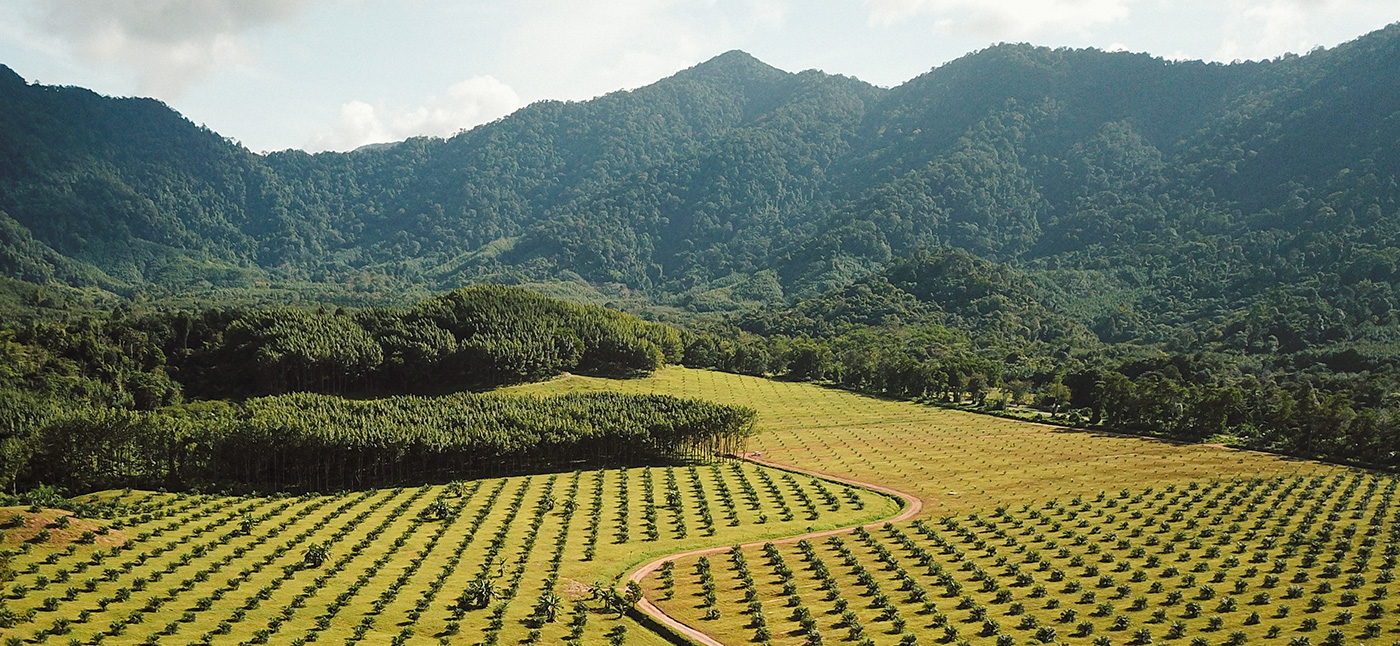What is palm oil?
Palm oil is an essential ingredient in many different industries, including food, health, and beauty. It comes from squeezing or crushing the kernel or the stone in the middle of the fruit of oil palm trees. Oil palm trees are native to Africa but were brought to South-East Asia just over 100 years ago as an ornamental tree crop. Now, Indonesia and Malaysia make up over 85% of the global supply.
Why the bad rap?
The harvesting of palm oil has had many negative effects on the environment. In the past, rainforests have been cut down to create areas for growing oil palm trees. Rainforests are one of the most biodiverse places on Earth, with millions of plant and animal species living amongst them. Cutting them down not only disrupts, displaces, or kills the organisms living there but also harms the environment, as rainforests absorb billions of metric tons of carbon dioxide annually. Luckily for us (and the Earth!), the palm oil industry has started moving in a much more sustainable direction.
Instead of clearing rainforests and other areas to create room for oil palm trees, people have shifted to unused farmland to make palm oil plantations. According to scientists, this reduces carbon emissions by 99% compared to cutting new land! There have also been many new implementations in the palm oil market, like sustainable stamps. Many places in Malaysia and Indonesia, where palm oil is a very prevalent business, rely on it as their source of income. Having a sustainable stamp on their product ensures that they get a fair market price and that their palm oil is harvested with the environment in mind.

But.. why palm oil?
Well, it is actually the cheapest and most environmentally friendly alternative. Olive, soy, canola, or corn crops would use about ten times more land to produce the same amount of palm oil. If we were to use olive oil, the price of the products that contain it would go up because it is much more expensive than palm oil. So between the land needed to produce it and the cost of it, it is much more efficient to use palm oil.
What solutions are there?
One way you can help combat the destructiveness of the palm oil industry is to buy certified sustainable products. The packages will display the Roundtable on Sustainable Palm Oil (RSPO) Logo, the Malaysian Sustainable Palm Oil (MSPO), or the Indonesian Sustainable Palm Oil (ISPO) Logo. Our products here at Baudelaire are crafted with only sustainably harvested palm oil, as caring for the environment is a big part of who we are!
While the palm oil industry still has a ways to go, it is our responsibility to demand that they keep moving in the right direction. Consumers hold a lot of the power in this equation. By buying products with ethically sourced ingredients and supporting businesses committed to sustainability, we can ensure a better and healthier planet for our future!





